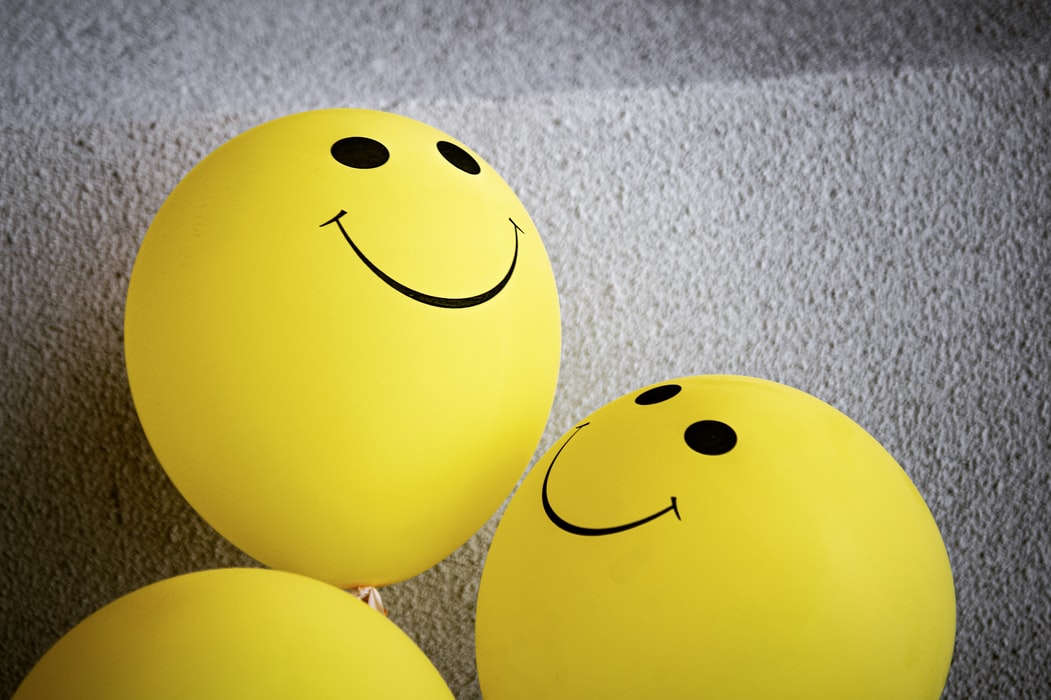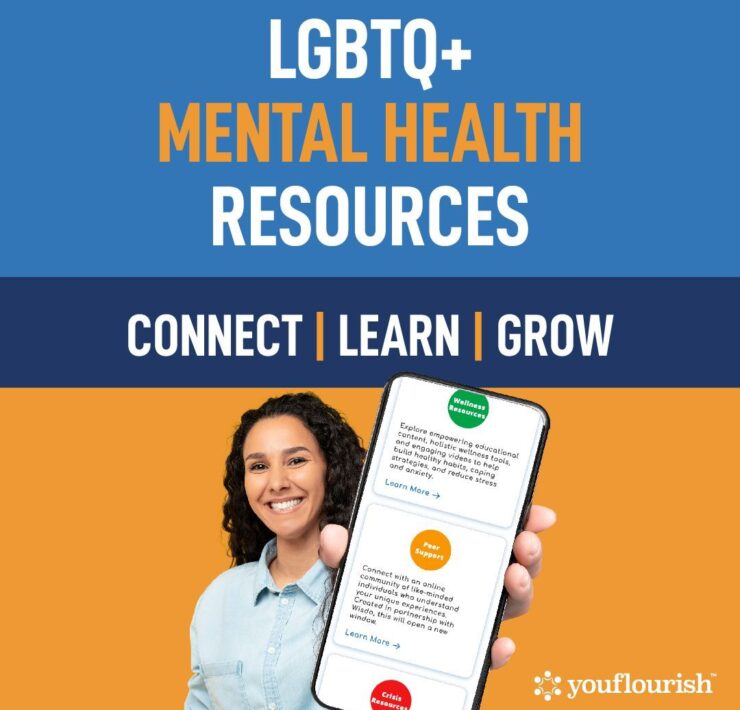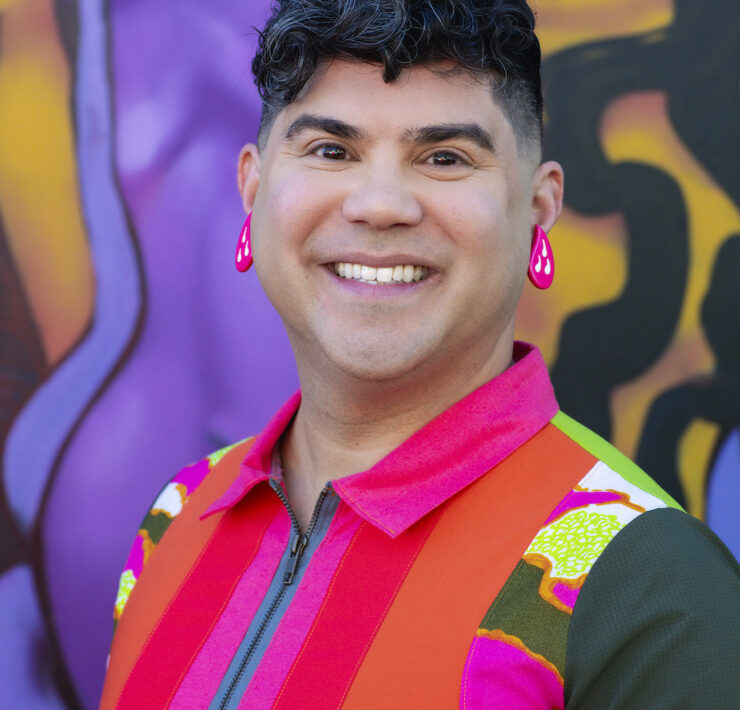How to Master Your Mind for Better Mental Health

Since 1949, May has become the month of Mental Health Awareness; it is a reminder of the increasingly alarming rate of individuals with psychiatric, neurological, and substance abuse conditions. Both 2020 and 2021 witnessed a surge in mental health cases due to the spread of COVID-19 and its complications which include delirium, lung problems, heart strokes, and depression. In spite of the increasing number of vaccinations and the lifted Coronavirus restrictions in most US cities, a lot of people are still afflicted with stress, insomnia, worry, frustration, fear, loss of/increase in appetite, and isolation, to name but a few.
In a US-wide poll conducted by Washington Post-Kaiser Family Foundation, 61 percent of healthcare workers say that COVID-related anxiety has negatively influenced their mental health, 55 percent felt drained, and almost half of them suffered from sleeping problems due to stress and worry. Moreover, according to the 2021 State of Mental Health in America (MHA) report, 9.7 percent of youths in the United States suffer from severe depression, and more than half of the young people whose ages range from 11 to 17 years old experienced having suicidal and/or self-harm thoughts in 2020.
Between January and September of the same year, about 77,470 young people reported their interest in ending their lives, and 27,980 of whom are LGBTQ+ individuals. Hence, it is absolutely necessary to bring mental health to the spotlight. Besides seeking healthcare professionals, it is essential to embed some mindfulness and healing methods into one’s daily routine to develop a positive lifestyle that ensures mental wellbeing.
Related Article: Hannah Rad’s Journey to Positive Mental Health
Mindfulness: “The awakening of human consciousness is no longer a luxury—it is a necessity for the survival of our species. It is up to each of us as individuals to embody the state of aware presence and thus rise above the egoic mind and its dysfunction. When a sufficient number of humans undergo this transformation, this will bring healing and sanity to our planet” (Eckhart Tolle).
In his bestseller The Power of Now, the renowned spiritual teacher Eckhart Tolle reinforces the importance of mindfulness and the power of the present moment; he explains how the human mind is capable of playing tricks and manipulating emotions and distracts us from the present by retrieving memories, disappointments, and failures that merely entrap us in the past that no longer exists. One key trick is to literally shush the mind when it attempts to drag you back and forth to the past or future. Once an individual becomes conscious and accepting of the now as it is, the judgment ceases, the mind is liberated, and more space is developed for happiness, peace, and love.
Psychological Distancing: “Psychological distancing is the ability to take a step back and reflect on our circumstances from a more objective perspective, outside of ourselves” (Ethan Kross).
A lot of people are tired of hearing the words “social distancing”; it has become a reality that we have been obliged to abide by to survive the dangers of COVID-19. But have you considered psychological distancing? This is another level of consciousness that is meant to help you temporarily distance yourself from your thoughts by taking a step back, analyzing the current feelings/circumstances/events without giving any sort of instant reaction, and impartially speculating what is taking place in your head.
According to the founding director of the Emotion and Self Control Laboratory at the University of Michigan, Ethan Kross, psychologically distancing oneself from our busy mind is essential; talking to oneself by name, having mental time travel, and bonding with nature act as pain-relievers. In Chatter: The Voice in Our Heads, Why It Matters and How to Harness It, Kross argues that the keys to gaining control over your mind and thoughts are to reflect on the situation from an outsider’s perspective and to know how to talk to yourself more effectively rather than avoiding the talk altogether.
Meditation & Yoga: Studies have shown that yoga can have positive benefits for people with several types of mental health conditions, including depression, ADHD, anxiety, schizophrenia, and PTSD (MHA).
Whether guided or unguided, meditation has numerous forms, all of which bridge the gap and connect the often-disregarded circuit among one’s mind, body, and senses. Yoga stands out as the best exemplar of meditation; it helps relax the body, regulate breathing, attend to the needs of the soul, connect with the earth and nature, practice mindfulness, and eventually heal from traumas. Since the pandemic started, the interest in yoga has skyrocketed worldwide. In fact, MHA emphasizes the role yoga plays in controlling the mind and dealing with stress. It is necessary, however, to follow the instructions of a professional yoga trainer to get the utmost benefit from the exercise and to avoid the consequences of wrong postures. In addition, choosing the yoga trainer and class that one best fits in is just as important. A diverse class is elemental in achieving progress.
“I encourage people to try a class with a teacher who you think doesn’t have the yoga body. To go into a yoga studio where there is an African American or a teacher of color because the perspective that’s integrated into the class can blow your mind” (Chelsea Jackson Roberts, yoga instructor and co-founder of Red Clay Yoga).
Psychological distancing, mindfulness, and meditation do have a positive impact on one’s mental health. It can be as simple as cycling, walking, running, swimming, writing, painting, having a cup of coffee by the window, growing plants, and dozens of other activities; they all help relieve stress and recharge one’s energy as long as one does them mindfully. The more focused you are on the present, the more prosperous your life will be. “Realize deeply that the present moment is all you ever have”










